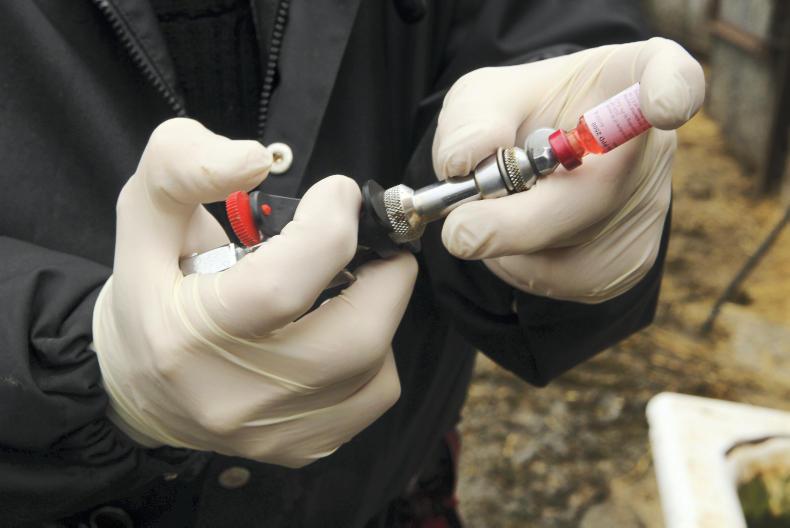The source of TB on Skye is being investigated, following a confirmed outbreak of the disease in a herd of cattle on the island. The infected herd is currently under restriction while further testing is undertaken.
“The cattle that tested positive on the farm have been slaughtered,” the farmer said in a statement through NFU Scotland.
Just last week, APHA confirmed that roadkill in Cumbria is being tested for bovine TB, after the disease was found in wild badgers in the area for the first time since the 1980s.
“The general feeling is that south Scotland is business as usual,” Dumfries vet Paul Armstrong told Farmers Journal Scotland.
“There have been fewer cases of bringing in animals which have the disease, such as south England, and continuous testing of animals is commonplace. Where it gets more complicated is the idea of infected wildlife, which then can infect livestock. It can be more difficult to pinpoint, but testing suspected wildlife animals and doing post-mortem testing will help.
“TB is a slow-developing disease. Scotland has a good track record for assessing each individual case and taking action for controlling the problem.”
Despite a small number of cases occurring each year, the incidence of bovine TB in Scotland remains stable and within the threshold for retaining Officially TB Free (OTF) status, a spokesperson for the Scottish Government said. The number of new occurrences of bovine TB in Scotland for 2016 was 11 and most cases can be traced to movements of infected animals.






 This is a subscriber-only article
This is a subscriber-only article










SHARING OPTIONS: